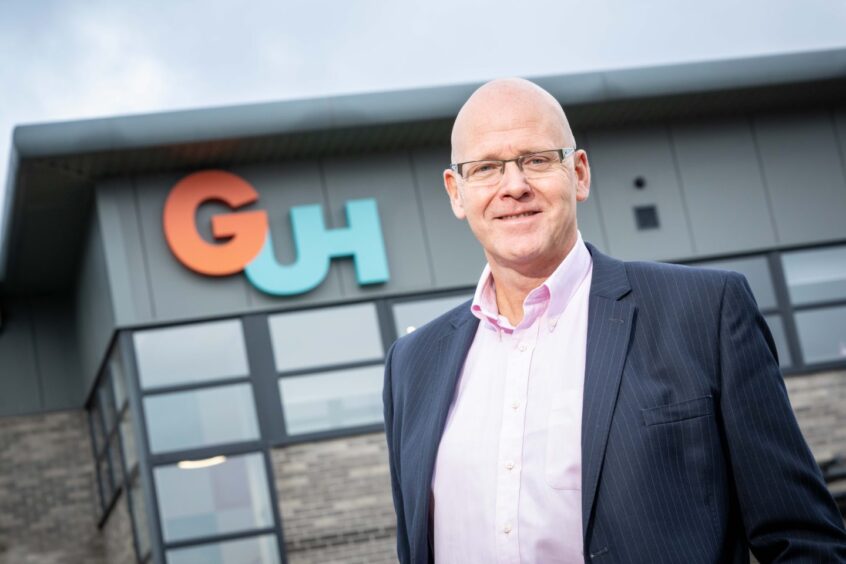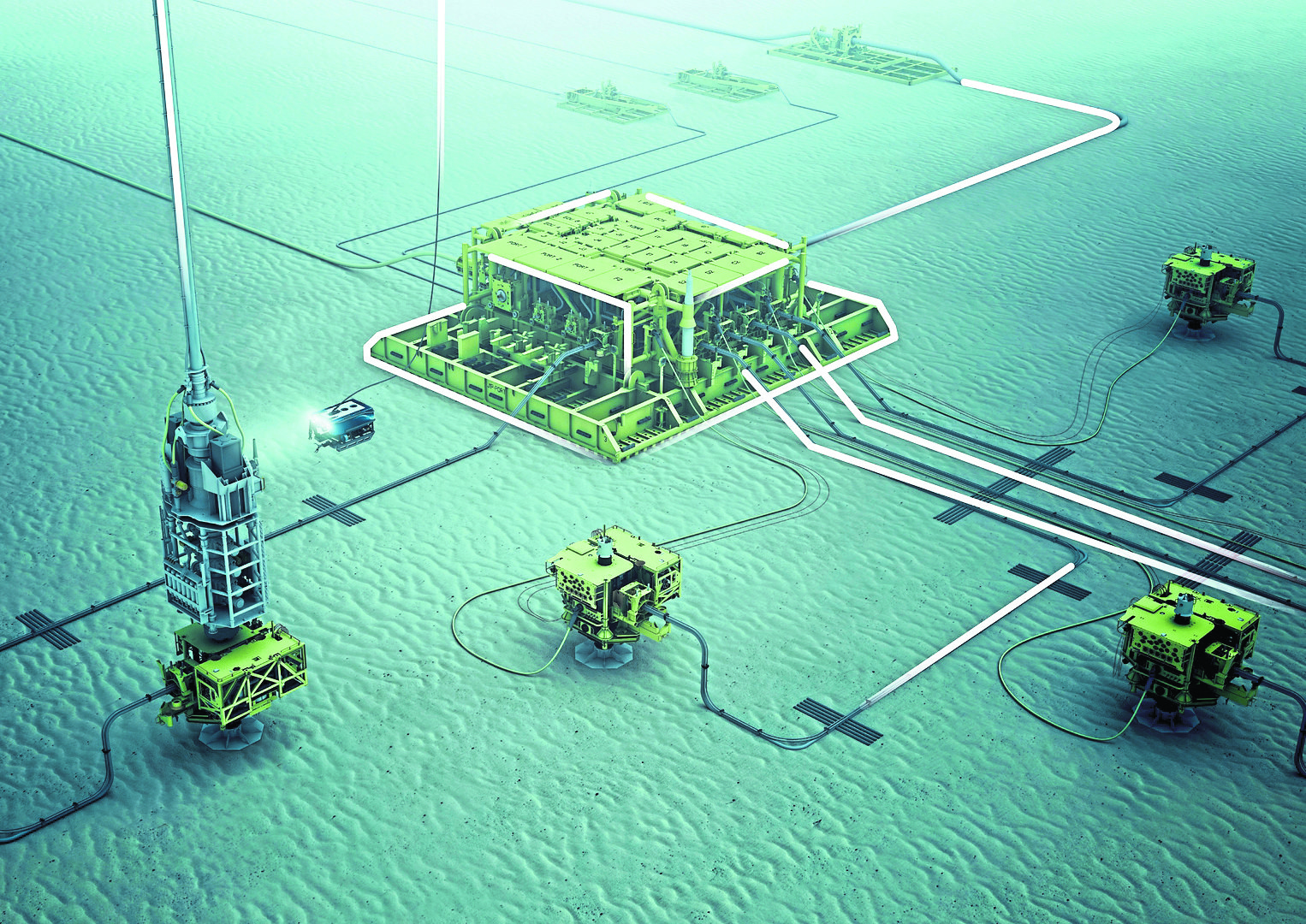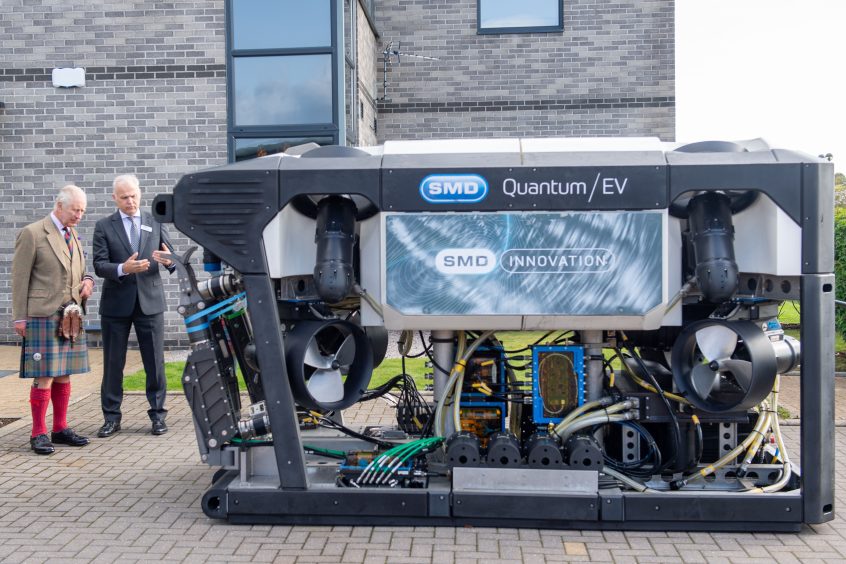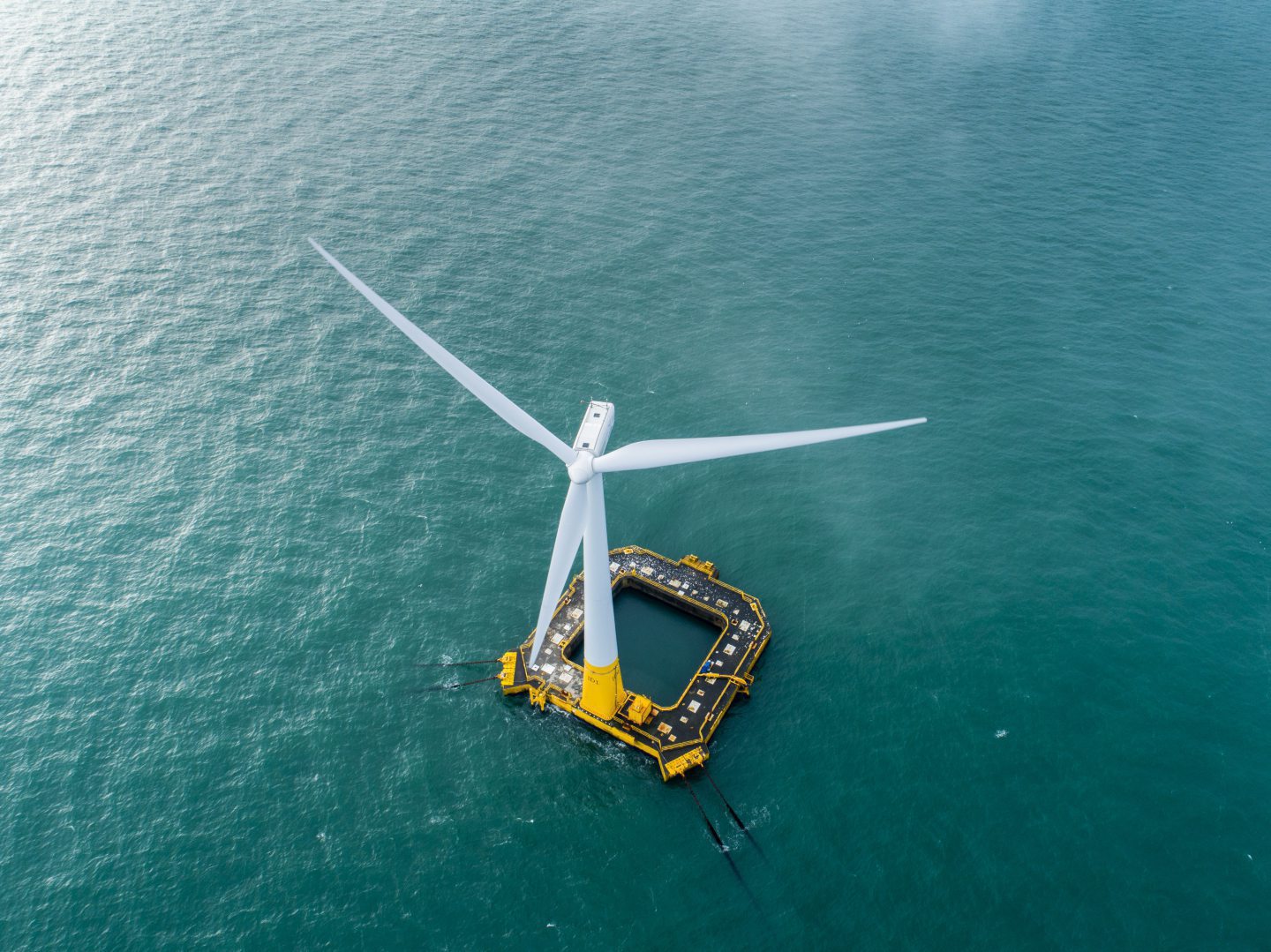
Achieving effective collaboration with truly open discussion among oil and gas operators has been a long-recognised industry challenge.
Forums, working groups and taskforces are all-too-often considered to be little more than talking shops rather than platforms for organisations with a genuine desire to openly share common problems and work together to solve them.
It’s therefore refreshing to report positive, tangible outcomes from Global Underwater Hub’s Operators’ Forum, established at the beginning of this year.
The mission, should the operators choose to accept it, was to establish an environment of trust and transparency that would result in a real willingness to share knowledge and exchange experiences with a commitment to genuinely co-operate to overcome barriers and accelerate solutions.
Having accepted and whole-heartedly embraced the mission, 70 subject matter experts from13 operators, with a vested interest in subsea operations, engaged in workshop sessions to explore common challenges associated with managing underwater infrastructure in a mature basin.
Offshore collaboration mission
The challenge? To find solutions that would have a positive impact on increasing efficiency and reducing operating costs as well as safety and environmental risks.
The depth of the peer-to-peer knowledge within the forum allowed us to identify common problems across areas including subsea control systems, well intervention, structural integrity, FPSO operations and inspection of subsea pipelines and structures.
More importantly, we’ve been able to delve more deeply into these issues and gain a thorough understanding of what the real problems are, what causes them and how they might be fixed.
Armed with these specifics, GUH has been able to raise awareness of the relevant technologies and expertise available in the supply chain and match the end users with those companies, challenging them to collaborate on finding the optimum solution to the specific problem.
This tailored approach and engagement between the forum members and the supply chain is a hugely compelling proposition, as evidenced by the high interest in the events programme GUH has put in place with the support of the operators.
Several Subsea Springboard events have been held where supply chain companies have presented to a panel of potential end-users on new innovations with themes including digital applications for subsea inspection and the adoption of autonomous underwater vehicles.
Subsea autonomy
Autonomy is one of the success stories from the forum.
A key challenge for autonomy is in its adoption, in particular the use of autonomous underwater vehicles (AUVs).
A recognised barrier is support for offshore trials which can be due to a lack of willingness, budget constraints or risk aversion among operators and low technology readiness along with a lack of investment among supply chain companies.
To find out how we could increase collaborative trials and accelerate deployment, GUH held a knowledge sharing session with several developers of autonomous technology, followed by a Springboard session where large organisations with proven technology, and small developers, came together to pitch their ideas.
This was an efficient and effective way to allow operators to see early-stage ideas and provide rapid feedback.
This has culminated in a one-day event, to be held in December, where developers will demonstrate their autonomy capabilities using real-life footage, allowing delegates onshore to see the latest generation of autonomous technology in action, in an offshore setting.
Most recently, GUH organised a Splash Zone workshop where nine operators and eight supply chain companies converged at GUH’s HQ in Aberdeen for a workshop on the challenges of operations in the difficult to access splash zone – the area where tidal changes occur and waves hit the structure.
With a real need to improve safety and efficiency in inspection, cleaning, protection and repair in the splash zone, the workshop discussed the issues and heard from companies on new technologies and approaches being developed to reduce the risk of potential harm to personnel, improve data management and analysis and replace human intervention with robotics.
Future subsea challenges
Future challenges to be taken up by the forum in the near term will include external inspection of subsea pipelines and structures as well as investigating how the administration process for regulatory permits and consents can be improved.
The cross-industry collaboration, driven by our operators’ forum, will deliver solutions that will be applicable globally and in multiple sectors, creating new opportunities for our supply chain to diversify and grow exports.
While this is largely an oil and gas focussed forum, it’s important to recognise that many of the technologies and approaches being developed will have applications in offshore renewables as well as in the defence and aquaculture sectors.
This has been reinforced by the interest from offshore renewable developers and tier one contractors in our recent events.
If it all sounds so simple, history shows us that it’s not.
Getting operators round the table to talk openly and then engage constructively with the supply chain to the advantage of both has never been an easy task but we believe our Operators’ Forum chaired by Zander Bruce of BP has made mission impossible, possible.
With the trust and transparency, we’ve built up, we’ve maybe finally consigned talking shops to a thing of the past, replacing them with an action-oriented forum that will, ultimately, accelerate the development of new technologies, helping bring them to market much sooner.
Neil Gordon is the chief executive of the Aberdeen-headquartered Global Underwater Hub.
Recommended for you


 © Image: Kami Thomson/DC Thomson
© Image: Kami Thomson/DC Thomson © Supplied by BW Ideol
© Supplied by BW Ideol